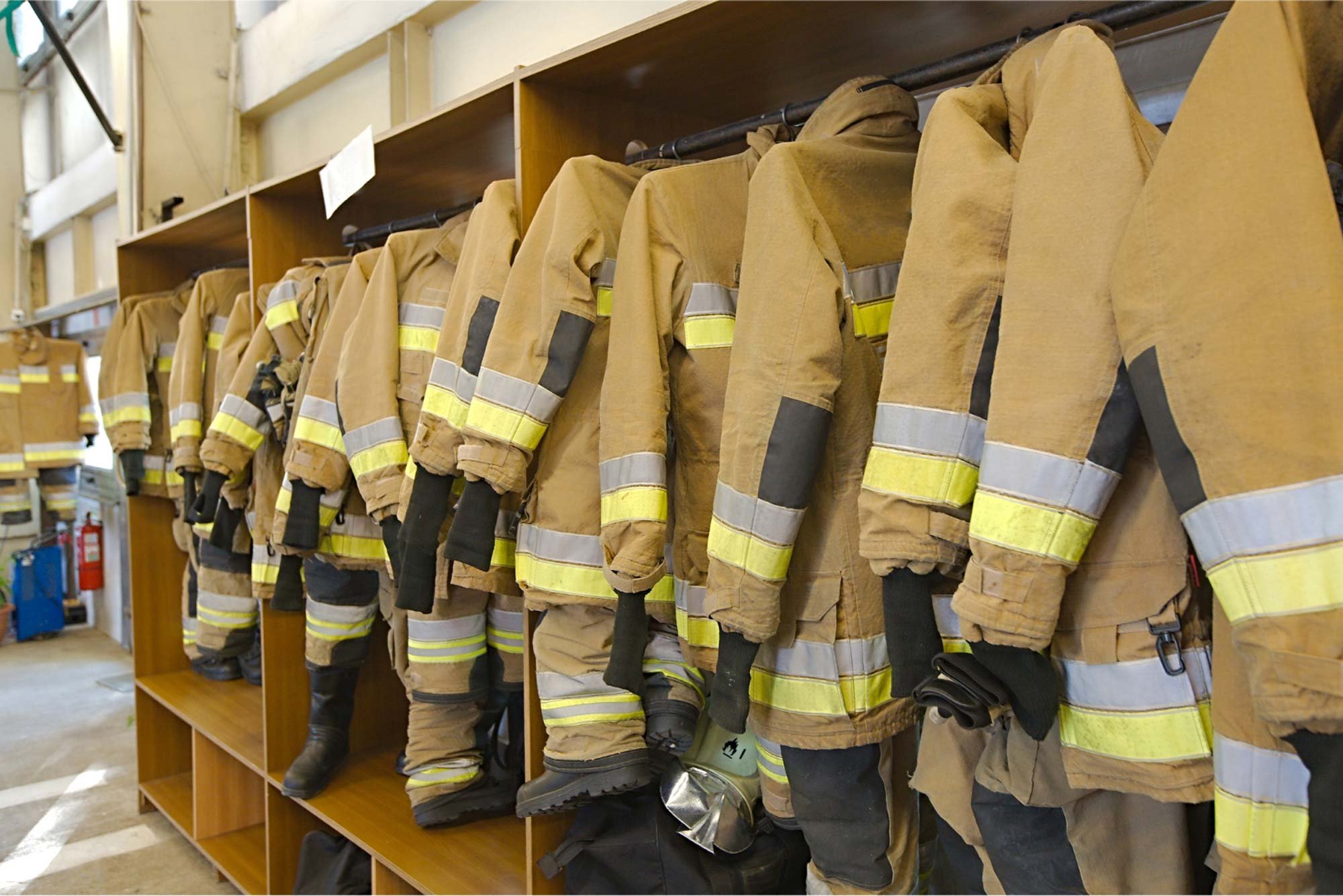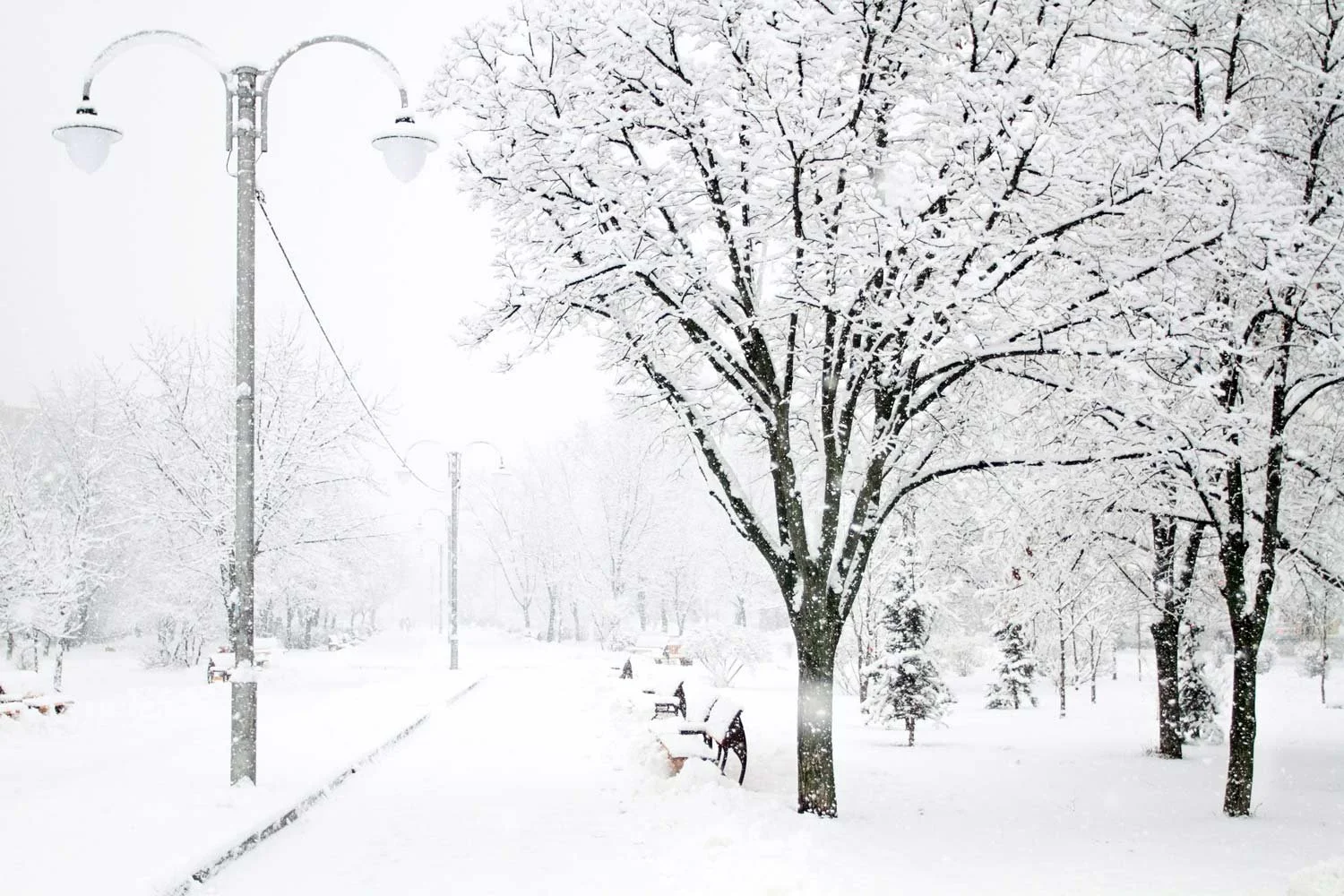
UWNC Disaster Work
“It was very scary–I've never had to run for my life–driving on both sides down the river that was both on fire, you could feel the heat. It was traumatic, just really scary.
It's been a humbling experience—it teaches you to be grateful for things you overlook. What you guys are doing is helping. It is very obvious that this [fire] is a problem, and people don't know where to turn to. Some people are alone out here, without one family or friend. Knowing that you are there makes the difficult journey everyone has a little bit easier".
-Maeve, McKinney Fire Survivor,
Siskiyou County
Programs
Pre-Disaster
UWNC is active in pre-disaster preparedness through our LISTOS program, which helps to build disaster resilience in our region’s vulnerable communities. Don’t know where to start? Follow these five easy steps to be disaster-ready.
Learn how to be prepared for any disaster at listoscalifornia.org.
-
Step 1
Get Alerts to know what to do
-
Step 2
Make a Plan to protect your people
-
Step 3
Pack a go-bag with things you need
-
Step 4
Build a stay box for when you can’t leave
-
Step 5
Help friends and neighbors get ready
Response - Relief - Recovery
Response:
When disasters strike in Northern California, UWNC engages and responds immediately:
Grant distribution – UWNC provides immediate funding to locally based partner Community-Based Organizations (CBOs) responding to the disaster. These grants provide shelter, clothing, shoes, blankets, gas cards, and supplies for the organization to sustain relief efforts.
Emergency Financial Assistance (EFA) – UWNC provides a one-time $100 gift card to evacuees of a disaster within the initial 3-5 days for impacted households.
Relief:
Once the aftermath of the disaster reaches the relief phase, UWNC transitions to provide several programs that meet the typical needs that arise.
Relief EFA – Provides a one-time $500 gift card to disaster-impacted households that have lost their housing.
RV Assistance Program – In coordination with partner CBOs, this program provides 90-day stays at an RV Park for households with a 5-wheel trailer, RV, or travel trailer. This program is a temporary solution for households to allow them to be in a safe and stable location while they figure out their next steps.
Recovery:
During the disaster recovery phase, UWNC works to achieve long-term stability and address unmet community needs.
Stable Housing Opportunity Program (SHOP) – In coordination with disaster case managers, the SHOP program provides grants to disaster-impacted households to assist with moving expenses, furniture costs, down payments, or deposits on housing, all to get survivors into a stable and sustainable housing situation.
Unmet Needs Roundtable(s) – Under and in collaboration with a Long Term Recovery Group (LTRG), we provide grants for uninsured/under-insured households that are rebuilding their property after a disaster.
UWNC’s Wildfire Response
Long after the fires have been put out, UWNC works to rebuild the lives of NorCal residents, sometimes staying involved in recovery work for up to five years after the initial disaster.
-
Boles Fire
The Boles Fire had a tremendous impact on Siskiyou County in September 2014. It destroyed 150 residences and forced 1,500 people to evacuate Weed and Siskiyou Counties. UWNC, in collaboration with The McConnell Foundation and Ford Foundation, started the Boles Fire Relief Fund, which provided $105,608 to the Weed Recreation and Parks District to finance the rebuilding of the Weed Community Center. UWNC additionally partnered with Madrone Hospice, Siskiyou Opportunity Center, Stable Hands, and Siskiyou Domestic Violence and Crisis Center to run wildfire relief programs in the area.
-
Camp Fire
The Camp Fire has been the deadliest in the known history of California, taking the lives of 85 civilians, destroying more than 18,000 structures, including ~14,000 homes and 30 schools, and amounting to a $16 billion disaster.
UWNC initially provided $50,000 to Torres Shelter, now True North Housing Alliance, and $100,000 to the American Red Cross to provide immediate resources, including gift cards to those at the Red Cross shelters. UWNC provided 7,300 $500 gift cards directly to Camp Fire survivors, to partner organization Tzu-Chi for client distribution, and to survivors through disaster case management. UWNC invested $42,000 in call specialists for Butte-Glenn 2-1-1, a referral service that connects community members to essential resources.
UWNC’s SHOP program has provided over $2 million to support intermediate housing solutions for Camp Fire survivors. In addition, UWNC has provided $273,900 through the Camp Fire Unmet Needs Round Table to support and fund the rebuilds of 33 homes. Through a generous grant from the Red Cross, UWNC provided for 162 Camp Fire survivors and frontline workers to receive up to 8 sessions with a therapist help to process the traumatic experience.
Since November 2018, with the help of generous partners and donors, UWNC’s staff and volunteers have served over 8,000 households directly impacted by the Camp Fire. In the past two years combined, UWNC has provided over $4 million in funds to households that are rebuilding and recovering.
Carr Fire
The Carr Fire in July 2018 was one of the most devastating disasters ever to hit Shasta and Trinity Counties, taking thelives of eight people, including three firefighters, and destroying over 1,500 structures and homes.
Thanks to quick financial responses from caring individuals, corporations, and foundations throughout the nation, UWNC provided more than 1,200 emergency cash grants for medical care, food, gas, temporary shelter, and basic needs. UWNC fulfilled more than 10,000 requests for local community resources through the 2-1-1 NorCal helpline and funded case management, mental health support, and resources for relocation and rebuilding, among other initiatives.
-
Zogg Fire
The Zogg Fire started in Shasta County on September 27, 2020, and quickly grew in size due to warm and windy conditions. The fire took the lives of four individuals and destroyed over 56,000 acres. UWNC responded swiftly by activating 2-1-1 for real-time disaster information. Thankfully, prior to the wildfire, UWNC staff were able to initiate the Listos California program within Tehama County, which prepared Tehama County residents and assisted them greatly as the disaster unfolded.
North Complex Fire
The North Complex Fire (Bear Fire) started on August 18, 2020, and burned an estimated 318,935 acres in Butte and Plumas counties. In 2022, UWNC distributed $1 million to North Complex (Bear) Fire response, relief, and recovery programs.
Slater Fire
The Slater Fire (Devil Fire) started on September 8, 2020, and burned over 150,000 acres. UWNC engaged swiftly with grants to partner agencies Happy Camp Community Action, Inc. and Rescue Ranch Adoption Center, providing immediate relief. In 2022, UWNC distributed over $33,000 to assist the households impacted by the wildfire in their recovery journeys.
-
The 2021 wildfire season has proven to be one of the busiest to date. UWNC responded to multiple fires in its territory, including the Fawn Fire, Antelope Fire, Beckwourth Complex Fire, Dixie Fire, Lava Fire, McFarland Fire, Monument Fire, McCash Fire, Haypress/River Complex, Salt Fire, and the Tennant Fire. UWNC has stayed highly involved in the response, relief, and recovery of the Dixie Fire, Fawn Fire, Monument Fire, River Complex Fire, and Salt Fire, providing over $180,000 in Emergency Financial Assistance. For Dixie Fire recovery, UWNC provided nearly $80,000 to over 60 Dixie Fire-impacted households in 2022 as the impacted community transitions from the relief phase to the recovery phase.
-
The 2022 fire season majorly impacted our residents in Siskiyou County. UWNC responded to the McKinney Fire and Mill & Mountain Fires by starting the NorCal Wildfire Fund in partnership with Tri Counties Bank to support impacted communities. UWNC also provided grants to the American Red Cross and Project Camp to help Siskiyou County respond quickly to the needs on the ground. Because of the generous support of our communities, UWNC was able to help over 800 households through our Emergency Financial Assistance Program and RV Assistance Program. UWNC will continue to serve this population with relief and recovery programs.
-
In 2023, UWNC responded to the devastating fires that occurred in Lahaina, supporting our friends of Maui United Way as they helped their neighbors recover. We were able to help them establish their Emergency Financial Assistance Program and guide them as they started their long-term recovery process. We also responded to the Happy Camp Complex Fire in Siskiyou County, where we were able to help those who were evacuated with our Emergency Financial Assistance Program.
-
2024 proved to be a busy summer as UWNC responded to multiple wildfires in our region. UWNC was able to assist those impacted by the Shelly Fire in Siskiyou County, Gold Complex Fire in Plumas, and the Apache, Thompson, and Park Fires in Butte & Tehama Counties. Thanks to the generous donations of the community, UWNC has been able to assist 535 households impacted by wildfires and provide emergency relief to those affected by flooding. Our continued commitment to disaster response and recovery remains strong as we work to help our neighbors rebuild their lives.
More Disaster Work
UWNC is not only involved in disaster response for wildfires. We also respond to winter storms, floods, drought, and other potential disasters.
Winter Storms
UWNC has engaged in the recovery of the Berry Creek community in Butte County following the January 2023 winter storms through grants to Northern Valley Catholic Social Services (NVCSS) and Oroville Hope Center (OHC). UWNC is collaborating with regional partners and providing leadership and resources in coordination with area Volunteer Agencies Active in Disasters (VOADs). The community at Berry Creek recovered after the devastating Bear Fire in 2020, and UWNC once again stands with the Berry Creek community as they navigate their community's winter storm recovery.
Find UWNC’s Disaster Work in the Media







